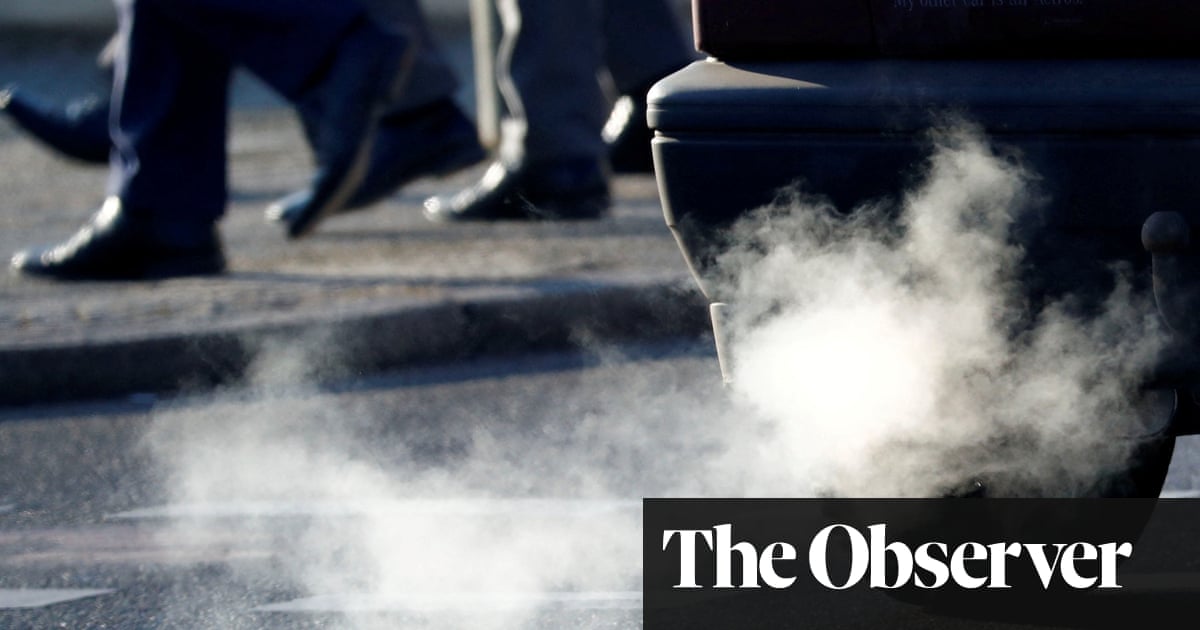
Liz Truss will deliver the biggest permanent real-terms cut to the basic rate of benefits ever made if she fails to raise them in line with inflation, one of the UK’s leading poverty charities has said.
The Joseph Rowntree Foundation (JRF) urged the government not to renege on its promise, made earlier this year, to raise universal credit and other working age benefits in line with inflation. It said such a move would be a “harmful act of historic proportions” – and deliver a devastating blow to millions of families on low incomes.
The JRF’s intervention follows widespread outrage at suggestions that the Treasury will seek to strip billions of pounds from the welfare budget to help repair shattered government finances after its disastrous mini-budget last week, which announced generous tax breaks for the rich but caused a near financial crisis.
On Friday night, Truss said: “The biggest part of the package that we announced [last week] was the support for families on energy as well as making sure that we reversed the national insurance rise.
“In terms of benefits uprating, that is something the work and pensions secretary is looking at and she will make an announcement in due course as is the normal practice, for the autumn.”
There is speculation that rather than raising benefits for millions of people next April by about 10%, in line with the convention that the uprating should follow the previous September’s CPI inflation rate, the government will instead raise them by about 5.4%, in line with September earnings.
The JRF said this would be would amount to a “profoundly regressive” real-terms cut, with the poorest tenth of the population losing 2.6% of their incomes (£214 a year) once personal tax changes are factored in. In contrast, the richest tenth would gain 4.3%, equivalent to more than £5,000.
Katie Schmuecker, principal policy adviser for the JRF, said: “Reneging on the promise to raise benefits in line with inflation as usual would be a hostile and harmful act of historic proportions. It is morally indefensible for a government who have chosen to target tax cuts at the richest, to target spending cuts at those on the lowest incomes who are not responsible for this crisis.”
She added: “If the government goes down this track it will be a devastating blow to low earners, families with children, those who are carers, sick or disabled. These families are suffering a cost of living emergency now.”
The JRF said the government has cut the real value of benefits in seven of the last 10 years, with the consequence that poverty has deepened, and more people have gone without essentials: “Trying to do more of the same, but this time against an alarming backdrop of rising food and energy prices, will only make matters worse.”
The prospect of real-terms benefits cuts has also alarmed some backbench Tory MPs. Peter Aldous, who rebelled last year on government measures to withdraw the £20 uplift to universal credit, called for benefits to be uprated in full in an article in the House magazine on Friday. He wrote: “This year’s uprating must reflect a real-terms rise. Anything less will be unconscionable to people given the government’s tax-cutting agenda elsewhere.”
Another Tory MP told the Guardian: “I’m clear in my mind we need the full uprating ... [a real terms cut] is breaking a promise and taking us into dangerous political waters ... it will have a real world impact at family and community level.”
He added that the optics of cutting benefits while enriching millionaires through tax cuts would destroy public goodwill towards government built up when it introduced furlough payments and the £20 a week universal credit uplift during Covid. “It’s as if we are trying to deliberately unravel that. It feels like a very serious moment for us politically,” he said.
Inflation is already pushing up poverty rates, despite caps on energy bills. Before benefits cuts came on to the agenda this week campaigners had been calling for April’s promised full uprating of universal credit to be brought forward to help counter rising costs for families in areas such as energy, food, clothing, rent and transport.
Citizens Advice said more than half the people who come to their offices for help are already in a negative budget, meaning they have less money coming in than they need for everyday basics.
“If benefits don’t keep up with living costs, this real-terms cut will be worse than every year of the benefits freeze combined. The devastating trends we’re seeing in people needing our support will go through the roof,” said Morgan Wild, Citizens Advice’s head of policy.
The JRF’s analysis follows projections by the Resolution Foundation thinktank which estimated that uprating benefits in line with earnings rather than inflation would typically leave a couple with two children more than £1,061 a year worse off, and a single parent with one child £607 a year out of pocket.












